Operation First Generation
First Generation Celebration 2022
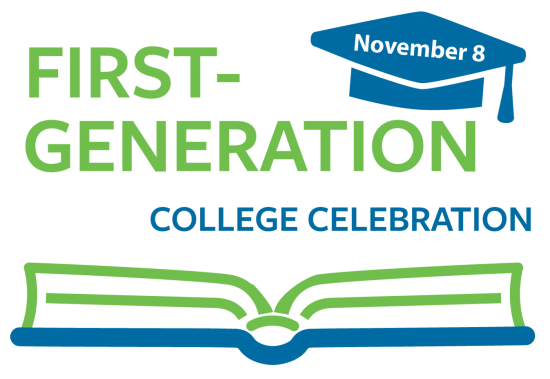
Message from President Kyle Marrero
First-Gen Celebration Day Schedule of Events
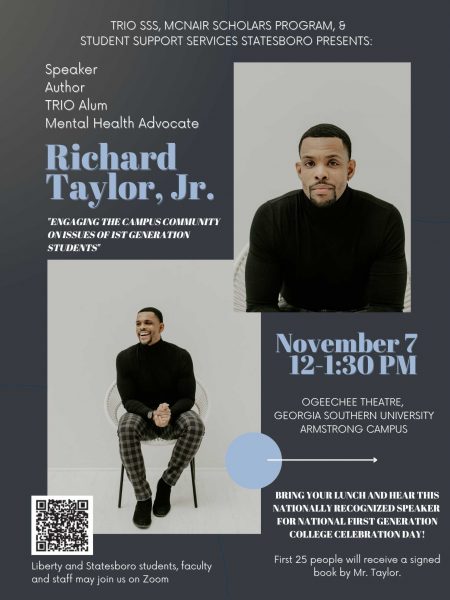
For those who cannot join in-person, join us on Zoom here: https://georgiasouthern.zoom.us/s/87859937326?pwd=ZkR2cnBnaFNDWFlJdzJkQ2xDdkhSdz09
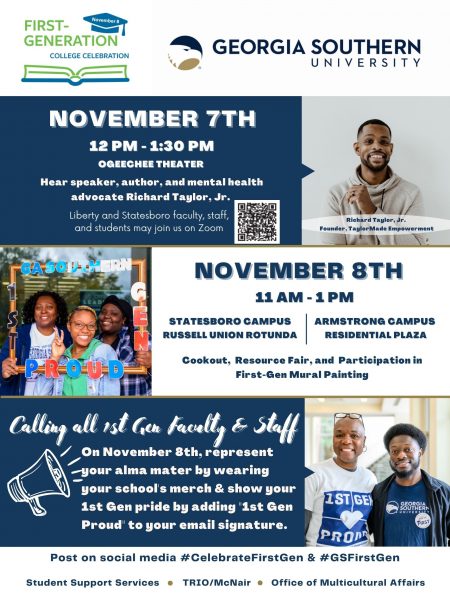
Hear our First-Generation Stories
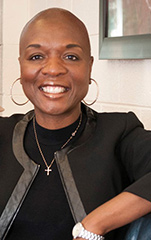
Corine Ackerson-Jones made it through college with the support of her big sister.
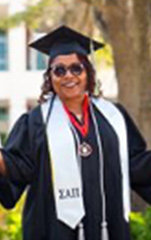
Wanda Lyons, through determination and perseverance, received her bachelors degree at age 62.
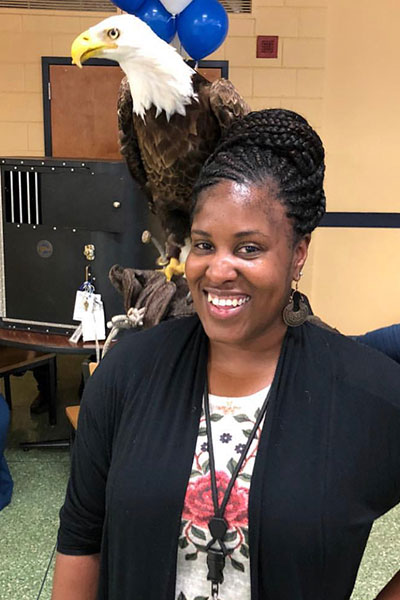
Vivian Bynoe‘s family instilled the value of education in her from a young age.
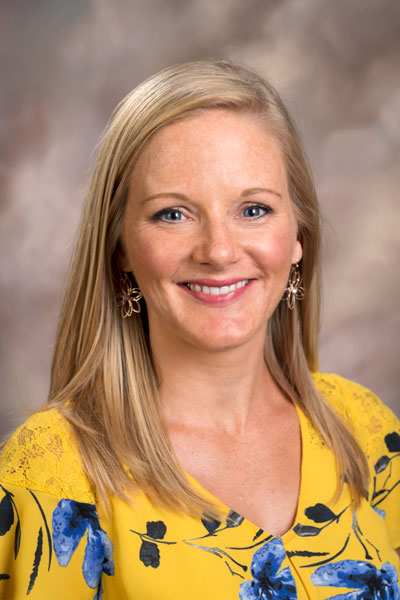
Keri Man loved school ever since Kindergarten, she considers herself lucky to come to school every day.
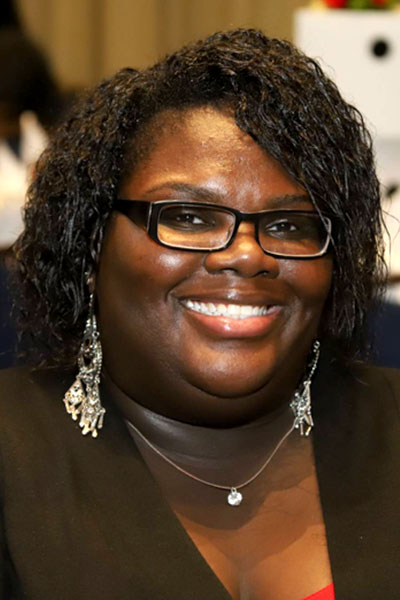
Ms. Leslie Harris talks about how first generations students shouldn’t be too prideful to ask for help.
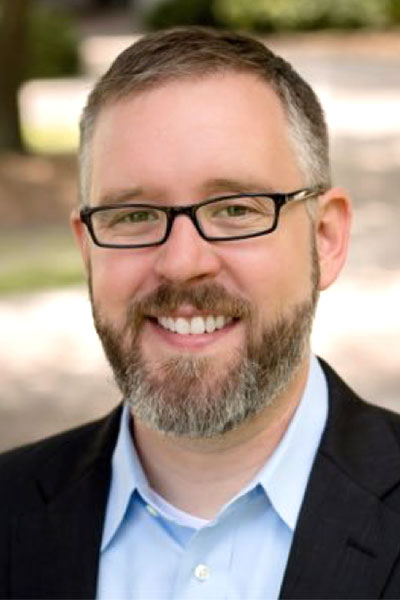
Dr. Nathan Palmer had a hard time navigating higher education but now works as an assistant professor of sociology.
First Generation Celebration History
The Higher Education Act of 1965 (“HEA”) emerged out of President Lyndon B. Johnson’s War on Poverty. Much like other hallmark legislation of that era, such as the Civil Rights Act of 1964 and the Voting Rights Act of 1965, HEA was intended to help level a playing field that for too long had been weighed against Americans from minority and low-income backgrounds. In addition to creating federal grants and loan programs to help students finance their educations, the legislation made key investments in institutions of higher education. Additionally, HEA ushered in a set of programs designed to provide academic tutoring, personal counseling, mentoring, financial guidance and other supports necessary for postsecondary access, retention, and completion for low-income, potential first-generation college graduates.
The first such program in HEA – Talent Search – was united with another program – Upward Bound – that had been authorized as part of the Economic Opportunity Act of 1964. A few years later, a third such program, Special Services for Disadvantaged Students (later known as Student Support Services), was launched in 1968. Together, this “trio” of federally-funded programs encouraged access to higher education for low-income students. In the subsequent decades, the “Federal TRIO Programs” emerged as a vital pipeline to opportunity, serving traditional-age students, displaced workers, students with disabilities, and military veterans. The original three programs eventually grew to include seven student programs, adding Educational Opportunity Centers and Veterans Upward Bound in 1972, the Ronald E. McNair Post baccalaureate Achievement Program in 1986, and Upward Bound Math-Science in 1990. Today, TRIO serves more than 800,000 students at more than 2,300 institutions of higher education and community-based agencies across the United States and in several U.S. territories. Through TRIO, more than 5 million Americans have become the first members of their families to earn baccalaureate degrees.
On November 8, in honor of the 55th anniversary of the signing of the 1965 Higher Education Act (HEA), Georgia Southern University’s TRIO programs at the Armstrong/Liberty and Statesboro campuses will join institutions around the country to celebrate the presence and experiences of first-generation college students, faculty, and staff at our campus.
Though it’s been more than 50 years, even today, campuses and communities are too often blind to the academic capabilities and gifts that lie dormant within so many first-generation students. TRIO educators continue to be called upon to highlight the return on investment our country receives from providing first-generation students with an opportunity to reach their full potential through college. #CelebrateFirstGen
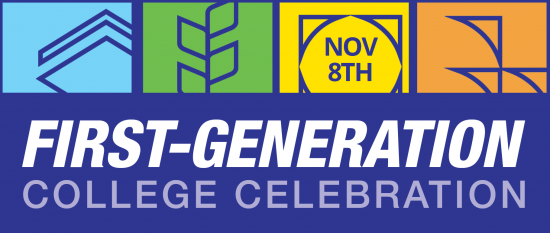
2022 Celebration Recap!
Last updated: 11/14/2022
